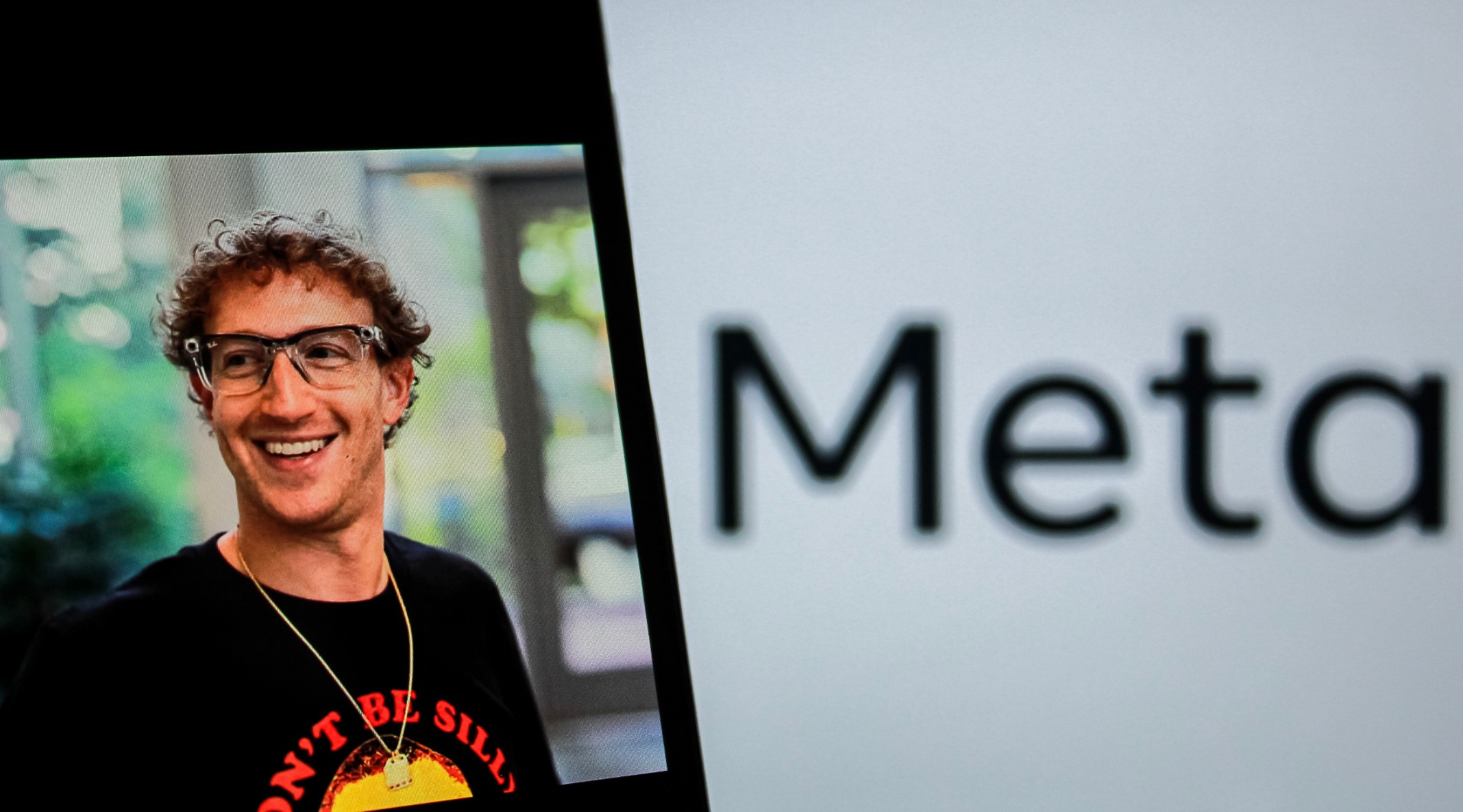Revolut is in the legal crosshairs over allegations of biometric data mishandling, potentially leading to hefty million-dollar damages in the US.
Revolut, the payments and fintech sensation, finds itself on the precipice of a deep, deep legal chasm. Accusations, filed in a Cook County report, assert that the company has engaged in digital impropriety by unlawfully harvesting, storing, and utilizing customers' biometric data. The latest lawsuit, full of contemporary privacy concerns that are terrifying if you think about it, hints at potential trouble for the financial maverick.
The Allegations
Revolut faces accusations of breaching privacy regulations in Illinois, particularly the Biometric Information Privacy Act (BIPA). The charge alleges that the fintech maestro, in its quest to identify customers, overlooked the concepts of transparency and consent, getting into murky territory by withholding vital details on data usage, storage durations, and potential liaisons with third parties.
Revolut’s Identity Verification
Revolut's biometric pas de deux involves the use of 'selfies' – Yes. Selfies. It’s allegedged that users are asked to take selfies in order to verify their identity. These are then compared to passport or driver's license photos. However, the court insists that the manner in which the images were captured violated BIPA's terms, threatening Revolut with damages as high as $5,000 for each transgression over the past half-decade. Ouff.
Tech Companies and Privacy
This isn’t the first time a tech company’s had issues around data collection. While Facebook once paid a jaw-dropping $650 million for breaching BIPA rules, Google managed to sidestep a similar issue through clever lawyering.
Revolut's response? So far, silence. With over 35 million users worldwide, including a million in the US, this lawsuit is certainly a concern Revolut's, especially after a $20 million loss to cyber pirates in a recent software vulnerability exploit. The company also recently paused operations in the UK. Will Revolut come out unscathed, or will they pay through the nose? Only time will tell.
What is truly worrying, though, is the rate at which we hand over data, including biometrics in our day-to-day lives. Phone numbers, email addresses, those are understandable. Pictures of your face? Your fingerprints? Your voice? It’s all very worrying. Of course, we know that much of this information is stored on your devices, not on a company’s servers, but still… The dystopian future crawls ever closer.


















